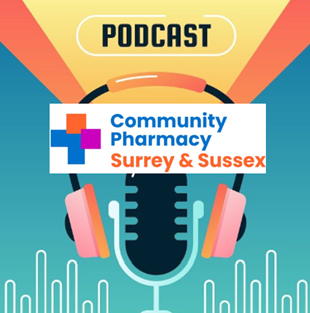Advanced Services
- For more information
- Please click here to see the National Services provided by West Sussex infographic for LPC’s 2021/22.
- Please click here to see the National Services provided by West Sussex infographic for LPC’s 2022/23.
- Please click here to see the National Services provided by East Sussex infographic for LPC’s 2021/22.
- Please click here to see the National Services provided by East Sussex infographic for LPC’s 2022/23.
- Please click here to see the National Services provided by Sussex infographic for LPC’s 2023/24.
- Please click here to see the National Services provided by Sussex infographic for LPC’s 2024/25.
- Please click here to see the National Services provided by Surrey infographic for LPC’s 2021/22.
- Please click here to see the National Services provided by Surrey infographic for LPC’s 2022/23.
- Please click here to see the National Services provided by Surrey infographic for LPC’s 2023/24.
- Please click here to see the National Services provided by Surrey infographic for LPC’s 2024/25.
- Contact us at lpc@communitypharmacyss.co.uk



